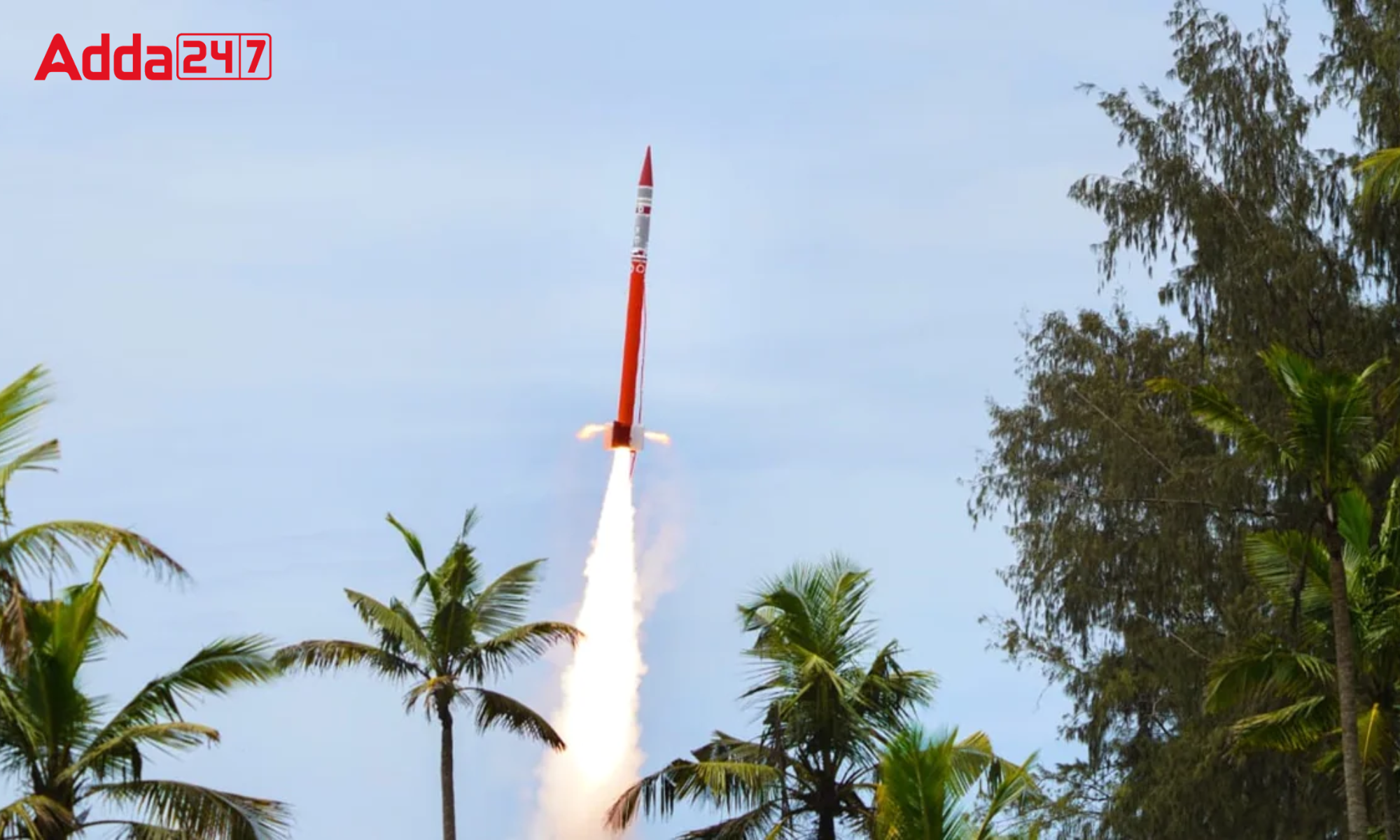IAD technology successfully used by ISRO: The Inflatable Aerodynamic Decelerator (IAD), which ISRO says is a game-changer with numerous implications for future missions including to Mars and Venus, was successfully tested. Vikram Sarabhai Space Centre (VSSC), an ISRO division, successfully test-flew an IAD from Thumba Equatorial Rocket Launching Station on a “Rohini” sounding rocket (TERLS).
Bank Maha Pack includes Live Batches, Test Series, Video Lectures & eBooks
IAD technology: Key Points
- Scientists from India and beyond, as well as ISRO, frequently employ Rohini sounding rockets to fly demonstrations of new technologies.
- Along with the IAD, new components including a micro video imaging system that recorded the IAD’s bloom and flight, a small software defined radio telemetry transmitter, a MEMS (Micro-electromechanical systems)-based acoustic sensor, and a variety of new methodologies were all successfully flight tested.
About IAD technology:
- The IAD was first folded and stowed in the rocket’s cargo bay, according to the Indian Space Research Organisation, which has its headquarters in Bengaluru (ISRO).
- The IAD was inflated at an altitude of around 84 km, and the sounding rocket’s cargo dropped through the atmosphere on it.
- The Liquid Propulsion Systems Centre (LPSC) of ISRO designed the pneumatic inflation mechanism.
- The IAD has consistently decreased the payload’s velocity through aerodynamic drag while maintaining the expected trajectory.
IAD technology: Important Takeaways
- ISRO Chairman: S Somanath
- Founder of ISRO: Vikram Sarabhai
- ISRO founded year: August 15, 1969




 Which Country is known as the Tear Drop ...
Which Country is known as the Tear Drop ...
 In Which District of Uttar Pradesh the F...
In Which District of Uttar Pradesh the F...
 India’s Agri Exports to US Set to Rise a...
India’s Agri Exports to US Set to Rise a...








